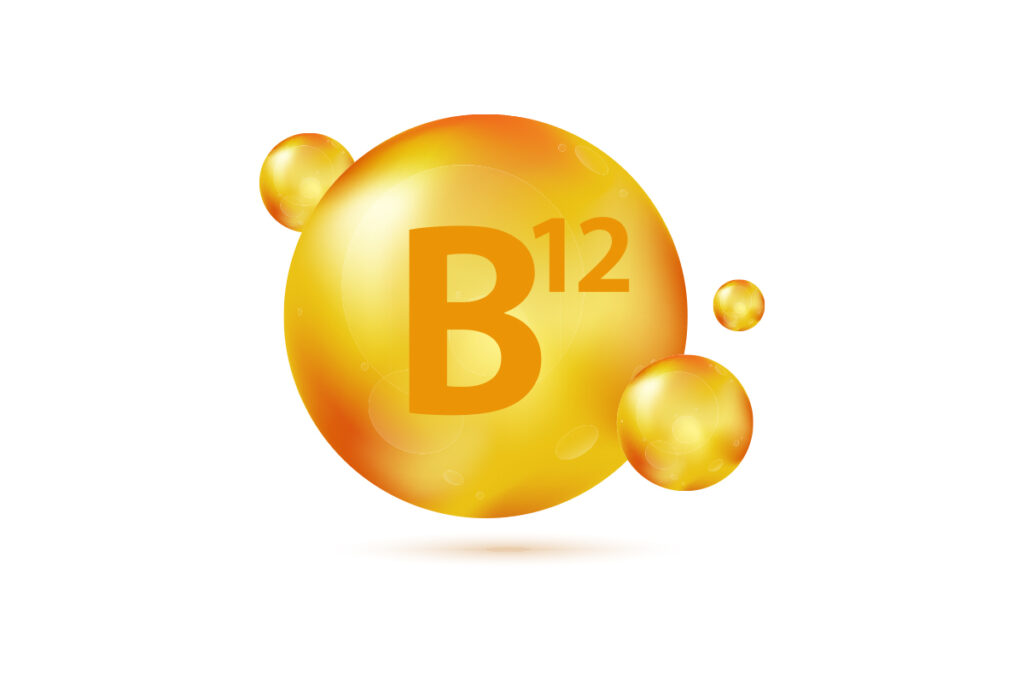Did you know that shingles doesn’t develop as a new infection, but rather the virus that causes shingles has the potential to reactivate? If you’ve had chickenpox, you are at risk of getting shingles, and once you hit 50, that risk skyrockets. While shingles isn’t generally life-threatening, it can come with severe complications. Here’s what you should know.
What Is Shingles?
Shingles is a viral infection that affects your nerves and their cells, but instead of emerging as a new infection, shingles is a reactivation of another virus. If you had chickenpox as a child (or an adult), you’re at risk for shingles, because the two are caused by the same virus – the varicella-zoster virus (VZV).

Dermatologist,
Dalton Dermatology
Following a bout with chickenpox, VZV continues to live in your nerve roots, but lies dormant. You don’t know it’s there, and most people live with VZV and never experience a shingles outbreak. However, since anyone who has had chickenpox can get shingles, 95% of adults are considered to be at risk. Approximately one-third of the U.S. population will develop shingles in their lifetime.
It’s unknown what causes the virus to switch from an inactive state to active, but researchers link the virus directly to advanced age and a weakened immune system. “About half of the cases of shingles occur in adults over the age of 60,” says Dr. Mary Beth Cole, dermatologist with Dalton Dermatology. “As we age, our immune system is more easily weakened by factors like cold or stress. That lowered immunity allows the chickenpox virus to reawaken and present as shingles.”
Not only are older adults more likely to get shingles due to declining immunity, they’re also more likely to have a severe case of the infection. “If a patient’s immune system is very low, it can cause a widespread disseminated rash which, while rare, is significantly more dangerous,” explains Dr. Alycia Cleinman, geriatrician with CHI Memorial Center for Healthy Aging. Those who have HIV or those who have recently undergone cancer treatment, taken long-term steroid medications, or received treatment to prevent rejection of an organ transplant, are especially at risk.
Shingles is not contagious, meaning it can’t be passed through bodily fluid or physical contact. However, chickenpox can be spread by someone infected with shingles. Those who haven’t had chickenpox or the chickenpox vaccine, those with a weak immune system, pregnant women, and newborns should not have any physical contact with someone who has shingles.
What to Expect – Symptoms and Complications

Geriatrician, CHI Memorial Center for Healthy Aging
Unlike chickenpox, the physical symptoms of shingles typically only affect a small section of your body. You may notice a rash in one area of the chest or abdomen. You may also experience burning, tingling, or numbness; fluid-filled blisters that leak and scab; mild itching; severe pain; and skin sensitivity to touch – many people who have had shingles say that the weight of clothing is excruciating. Some people experience symptoms like fever and chills, fatigue, upset stomach, or headache. A case of shingles usually lasts for 3 to 5 weeks.
“Pain associated with shingles may last long after the rash is gone. This is called postherpetic neuralgia (PHN), and it’s the most common complication of shingles,” shares Dr. Cole. “PHN can be extremely painful and may last for months or years. Other complications of shingles are often related to the specific area affected. For example, shingles involving the eye can cause vision problems. Shingles involving the ears can cause dizziness and balance problems. In very rare cases, shingles can lead to inflammation or swelling of the lungs, brain, or liver, causing even more severe problems.”
Prompt treatment is essential to preventing complications, especially for those over 60 or those who have a weakened immune system. With help from your doctor, shingles can be treated at home with drugs that can limit pain, reduce the duration, prevent worsening, and lower the risk of complications. “Many people think that you just have to let shingles run its course,” says Dr. Cole. “In fact, it’s best to see a doctor immediately for antiviral medication. This medication can ease your symptoms and allow you to get better sooner.”

“Even if you do not recall having chickenpox as a child, it is still recommended that you receive a shingles vaccine, because you could have had a mild infection as a child where you never mounted a proper response,” explains Dr. Cleinman.
Getting Vaccinated
Fortunately, there is a vaccine that can reduce your likelihood of developing shingles and PHN. Shingrix, the newest FDA-approved shingles vaccine, is recommended for adults over the age of 50. It is given in a two-dose series, and the second shot is administered two to six months after the first. “It is now a killed vaccine,” notes Dr. Cleinman, “so it is safer than the previous live vaccine and is able to be given to immunocompromised adults.”
You should get the Shingrix vaccine even if you’ve had shingles before, received Zostavax (a previously recommended shingles vaccine), or are unsure if you’ve had chickenpox. “Even if you do not recall having chickenpox as a child, it is still recommended that you receive a shingles vaccine, because you could have had a mild infection as a child where you never mounted a proper response,” explains Dr. Cleinman.
As with any vaccine, you may experience mild to moderate side effects for two to three days, such as fatigue, muscle pain, headache, fever, stomach pain, nausea, and soreness or swelling of the injection site. However, these possible side effects are minor compared to the pain and discomfort that commonly accompany shingles.
Shingrix was 97% effective in preventing shingles in adults 50-69 after two doses, and 91% effective in adults over 70. For people 69 and under who received two doses, the vaccine was 91% effective at preventing PHN, and 89% effective for adults 70 and older.
There is no maximum age to be vaccinated against shingles. Treatment begins with prevention




